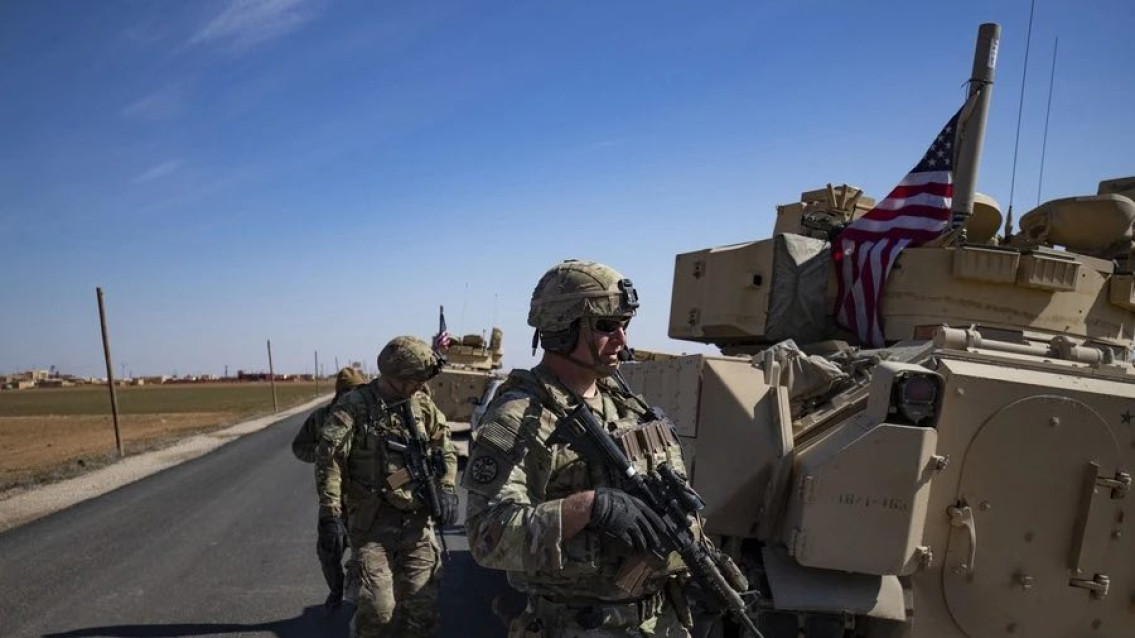U.S. EXIT FROM SYRIA RESHAPES REGIONAL POWER
Turkey expands, Israel reacts, and the Kurds weigh fragile alliances in a volatile post-American landscape
The White House Correspondent - Sangar Akrayi
| Atualizado em

WASHINGTON, DC (APRIL 17, 2025) - The U.S. decision to withdraw its last remaining troops from Syria marks the end of a long and complex military chapter. But it also signals the beginning of a volatile new era. As American forces leave, the fragile power balance in northern Syria is rapidly unraveling. Turkey is moving in, Israel is pushing back, and the Kurds are quietly preparing their next move.
Turkey Seizes the Moment
After years of pressuring Washington for a reduced U.S. presence in Syria, Ankara is now claiming victory. With the withdrawal confirmed by Pentagon officials this week, President Erdoğan’s government has portrayed the moment as a strategic necessity. Turkish Armed Forces are reportedly mobilizing for deeper incursions into Syrian territory, aiming to reinforce zones held by pro-Turkish factions.
The official line is that this operation is about “stabilization” and “anti-terrorism.” But analysts suggest something broader: Turkey is positioning itself for long-term regional influence.
Israel Pushes Back
Israel, meanwhile, sees danger. Defense Minister Yoav Gallant and other senior officials have openly criticized the U.S. move, warning that it creates space not only for Iran-backed militias, but increasingly for Turkey.
Recent reports of Israeli airstrikes on the T4 airbase, said to be undergoing renovations by Turkish contractors, underscore growing tensions. One Israeli military source put it bluntly: “We will not accept a Turkish corridor in Syria. It’s not just about Iran anymore. Turkey is building its own axis.”
From Tel Aviv’s perspective, Ankara’s advances pose a direct challenge to Israeli deterrence and could threaten its northern frontier.
Kurds Face a Familiar Dilemma
For the Kurds, America’s exit revives an old and painful uncertainty. The Kurdish-led Syrian Democratic Forces (SDF), once Washington’s most loyal allies against ISIS, are again exposed. But with uncertainty comes opportunity.
Israel has long viewed the Kurds as potential partners—secular, pro-Western, and opposed to Islamist extremism. Though never formalized, Israeli support has taken many forms over the years. Now, with U.S. troops gone, a closer Kurdish-Israeli alignment may emerge.
“This is a dangerous moment, but also a rare window,” a Kurdish political adviser told Middle East Eye. “For the first time, everyone’s hands are visible. The Americans are gone. The Turks are advancing. And we have to decide—do we fold, or do we build new alliances?”
Diplomacy or Collision Ahead?
Turkish and Israeli officials are reportedly holding discreet talks in Azerbaijan to avoid accidental confrontations. But the reality is that both sides are preparing for more than just diplomacy.
While open conflict remains avoidable—for now—the battlefield is shifting. And with the U.S. stepping away, the question lingers: Who will shape the next chapter in Syria, and at what cost?
